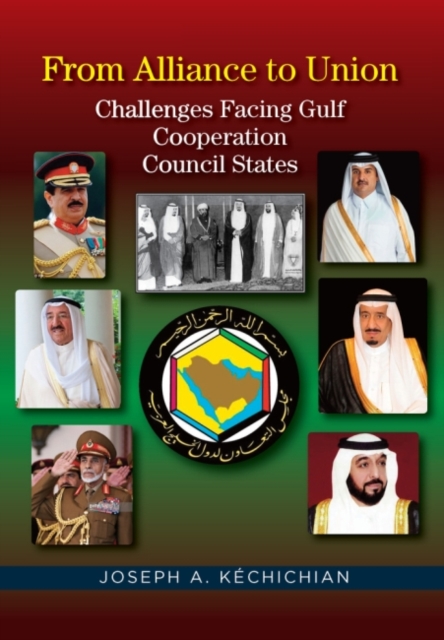CITESTE MAI MULT
Detalii
Descriere RO
After the conservative Arab Gulf Monarchies - Bahrain, Kuwait, Oman, Qatar, Sa'udi Arabia and the United Arab Emirates (UAE) - joined forces on 25 May 1981 within the Gulf Co-operation Council (GCC), few fathomed that security requirements on and around the Arabian Peninsula would be so precarious and for so long. To answer their search for permanent stability, Arab Gulf rulers erected a regional alliance that sought to integrate internal and regional defences, as well as strengthen their existing socio-economic ties. Several of the monarchies even hoped that co-ordination on foreign policy issues over which near unanimity existed could, eventually, lead to a full-fledged union as envisaged in the organisation's founding charter. Between 1981 and 2015 these Arab Gulf monarchies experienced major socio-political transformations resulting from upheavals throughout the Arab and Muslim worlds. The perceived necessity to bring about a full-fledged union has come into conflict with entrenched viewpoints from regimes that value traditional military/political roles and norms. In this new study, Joseph A Kechichian provides an evaluation of GCC States' military institutions to better evaluate whether a stable alliance is capable of enduring over the next few decades, and how civilian leaders perceive the role and influence of their military officers for the task. Kechichian raises fundamental questions over internal, regional and international threats, including an existential challenge emanating from the Islamic revolutionary government of Iran, and assesses how GCC professionals may be pre-paring to tackle them. He further elucidates on the best methods to meet security challenges not only to secure political survival but also to determine whether conservative Arab Gulf regimes can flourish outside an effective alliance. The volume concludes with an examination of evolving civil-military relations in the GCC States. *** "No one has been a closer observer of the Gulf Cooperation Council for the 35 years of its existence than Joseph Kechichian. He knows the GCC and the countries making it up intimately. His analysis is a vital contribution for understanding the future of the organization and the challenges it faces." --F. Gregory Gause, III, Bush School of Government and Public Service, Texas A&M University College Station, Texas [Subject: Middle East Studies, Politics]
EdituraSussex Academic Press
Dimensiuni180 x 287 x 24
Data Publicarii24/05/2016
Format
Cartonata
Numar pagini380
Aceasta este o carte in limba engleza. Descrierea cartii (tradusa din engleza cu Google Translate) este in limba romana din motive legale.
Dupa ce monarhiile conservatoare din Golful Arab - Bahrain, Kuweit, Oman, Qatar, Arabia Saudita si Emiratele Arabe Unite (Emiratele Arabe Unite) - si-au unit fortele la 25 mai 1981 in cadrul Consiliului de Cooperare al Golfului (CCG), putini au inteles ca cerintele de securitate pe si in jurul Peninsulei Arabe ar fi atat de precar si atat de mult timp. Pentru a raspunde cautarii lor pentru o stabilitate permanenta, conducatorii Golfului Arab au ridicat o alianta regionala care a incercat sa integreze apararile interne si regionale, precum si sa isi intareasca legaturile socio-economice existente.

